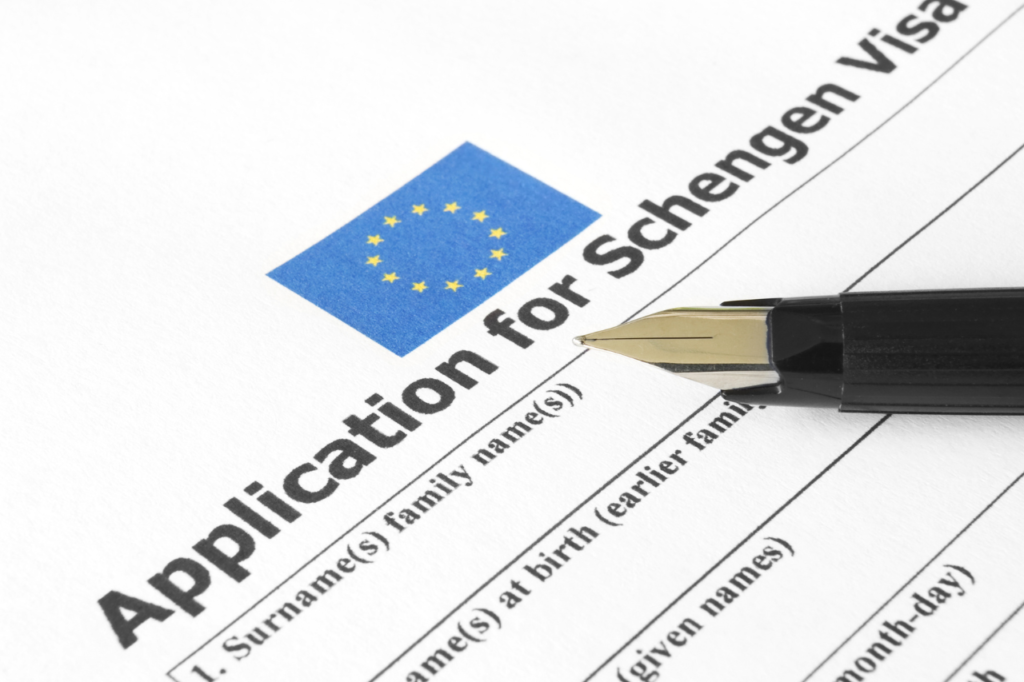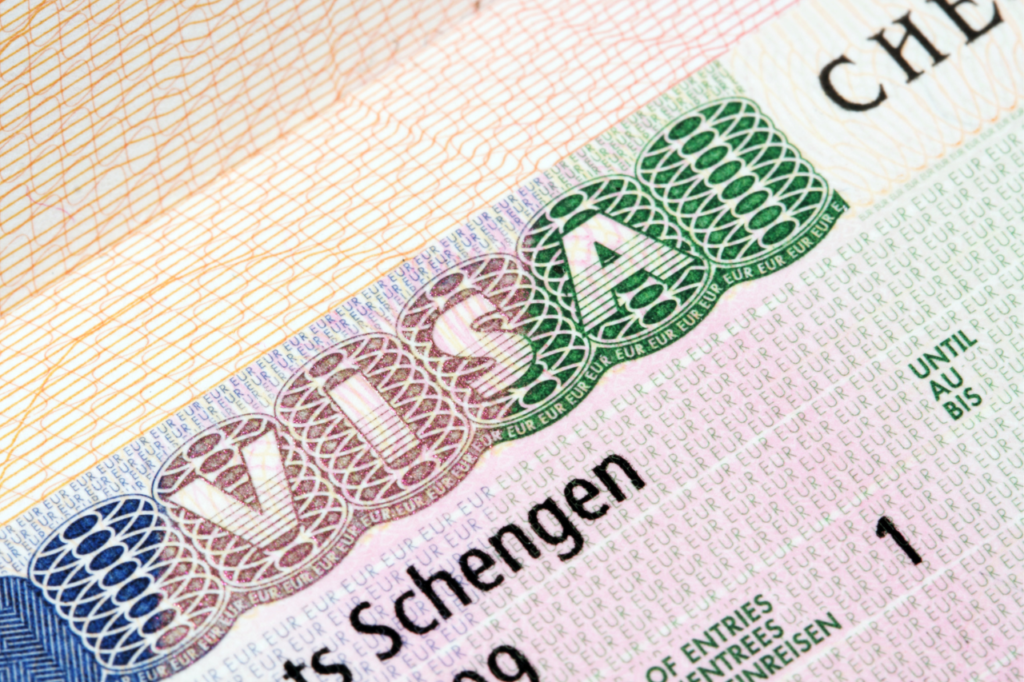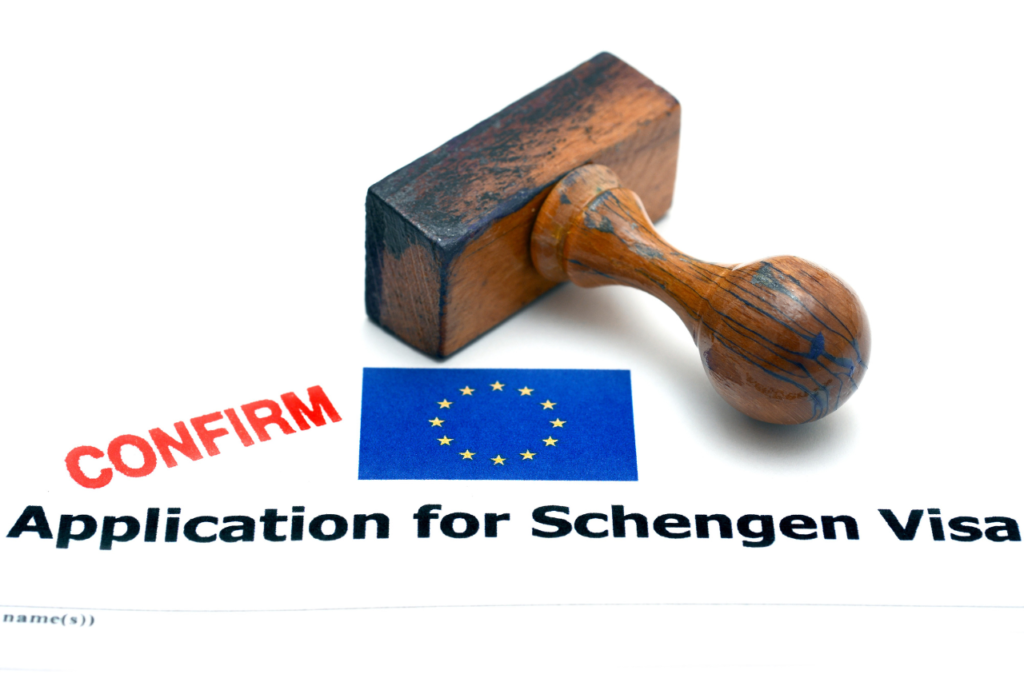The process of applying for a visa to visit Schengen nations can be full of frowning faces and long waits for the results, which may look simple enough. In case you are unsuccessful in the Schengen visa application, you still have the opportunity to file an appeal with a structured appeal letter. This section will provide you tips on how to write a good appeal letter for the Schengen visa refusal, which will help you to represent your case credibly, and as a result, you will have a higher probability of approval.
Understanding the Importance of an Appeal Letter
When and Why to Appeal:
As visa denial is not always attributable to the poor quality of the application or the applicant’s wrongful intent, it is important to understand what factors might trigger such a decision. If you feel that decision was unreasonable, you will have an opportunity to overturn it by asking for an appeal letter. This is your plug, where you can rectify any confusion or make any extra points that could increase your chances of winning.
Components of a Strong Appeal Letter
Personal Details and Application Timeline:
Open the letter by clearly writing personal details of yourself which comprise your full name, date of birth, and your passport number, as well as the date of the refusal notice and the date you made your initial visa application.
It assists in referencing your appeal to your application or vice versa.
Reason for Your Visa Refusal:
Mention the specific reason for the visa denial as stated in the refusal letter. Understanding and directly addressing the grounds cited for the refusal sets a focused tone for your appeal.
Presenting Your Arguments:
Articulate why you believe the refusal was incorrect. Support your assertions with clear, concise language and include evidence or documentation that counters the reasons for the denial. For instance, if the refusal was due to a suspected lack of intent to return, you could provide proof of employment or family ties in your home country that support your intent to return.
Strengthening Your Appeal:
Include additional documents not previously submitted with your application that directly address the reasons for refusal. For example, updated bank statements, a more detailed itinerary, or additional letters of invitation can help clarify your travel plans and intentions.
Contact Information and Signature:
Conclude with your contact details and a handwritten signature. This not only formalizes the appeal but also facilitates any further communication required.
Your Contact Information and Signature
To properly conclude your appeal letter and ensure it adheres to formal requirements, you should include your contact details clearly and provide a signature. This not only adds a personal touch but also verifies the authenticity of the document. Here’s how you can effectively conclude your appeal letter:
A Sample Appeal Letter Structure
Date:
Embassy Address:
To whom it may concern,
Paragraph 1: Introduction
My name is [Your Full Name], born on [Your Birthdate] in [Your Place of Birth], holding passport number [Your Passport Number]. I am writing to formally appeal the decision to refuse my Schengen visa application, which I submitted on [Date of Application] at the [Embassy/Consulate Location]. The purpose of my visit is [State Purpose, e.g., tourism, visiting family, business].
Paragraph 2: Addressing the Rejection
I received the refusal notice dated [Date of Refusal Notice], stating that my visa application was denied due to [State the Specific Reason for Refusal provided in the letter]. I understand the concerns raised by the consulate; however, I believe that the decision to refuse my visa application was based on an incomplete assessment of my situation.
Paragraph 3: Presenting Your Case
The main reason cited for my visa refusal was [Reiterate Specific Reason]. In response, I would like to clarify the following points: [Provide Detailed Explanation, Evidence, and Examples]. For instance, if the refusal was due to doubts about my return, I have attached evidence of my strong ties to my home country, including [job details, family details, property ownership, or other ties].
Paragraph 4: Strengthening Your Appeal
To address the concerns mentioned in the refusal letter, I am submitting additional documents along with this appeal. These include [List of Documents, e.g., updated bank statements, employment letters, property documents, detailed itinerary]. These documents further support my case by [Explain How the Documents Address the Consulate’s Concerns].
Paragraph 5: Conclusion and Contact Information
I respectfully request a re-evaluation of my application in light of the additional documents and clarifications provided. I am hopeful that upon review, the decision to refuse my visa application will be overturned, allowing me to proceed with my planned visit to [Country Name].
Thank you for considering my appeal. I am looking forward to a favorable response and am available for any further information or discussion as needed.
- Sincerely,
- Hand signature
- Your full name
- Your email
- Your phone number
Can I appeal a Schengen visa refusal if I’ve already left my home country
Yes, you can appeal a Schengen visa refusal even if you have already left your home country. The appeal process allows you to contest the decision made by the embassy or consulate regarding your visa application. Here are some key points to consider:
Right to Appeal:
According to the Schengen Visa Code, you have the right to appeal a visa refusal. This typically involves submitting a formal appeal letter detailing why you believe the refusal was unjustified and providing any supporting documentation that addresses the reasons for denial.
Submission Process:
You can submit your appeal from abroad, but you will need to send it to the embassy or consulate that issued the refusal. Ensure that you follow any specific guidelines provided in the refusal letter regarding how and where to submit your appeal.
Timing:
While there is no strict rule on when you must submit your appeal, it is advisable to do so within 30 days of receiving the refusal notice. This timeframe is crucial for ensuring that your appeal is considered.
Reapplying vs. Appealing:
If you choose not to appeal, you can also reapply for a Schengen visa at any time. However, it is recommended to wait at least 30 days before reapplying to avoid raising red flags with immigration authorities regarding multiple applications in a short period. If you decide to reapply, make sure to address the reasons for your previous denial in your new application.
Documentation:
When appealing, include all relevant documents that support your case and address the specific reasons for denial mentioned in your refusal letter. This may include proof of financial means, travel itineraries, or evidence of ties to your home country.
Writing an effective appeal letter involves clearly articulating your responses to the reasons for your Schengen visa refusal and providing compelling evidence in your support. By following the structure and tips outlined in this guide, you will enhance your chances of overturning the visa decision, allowing you to proceed with your travel plans to the Schengen area. Remember, the key to a successful appeal is thorough preparation and clarity in communication.
How Law and Visas Can Help?
At Law and Visas, our team of expert immigration consultants is here to make your Schengen application straightforward and successful. Whether you’re applying for a Work Visa or a Medical Visa, we handle every step—from preparing your application to gathering the required documents.
Our Immigration Consultants and Lawyers ensure that your application meets the highest standards, with no details missed. We’ll also keep you informed throughout the process and coordinate with the immigration office or embassy on your behalf.
Law and Visas have a strong record of helping clients secure the visas/permits they need to visit Germany. You can call us today at +234 812 5505 986 to learn how we can help you.





